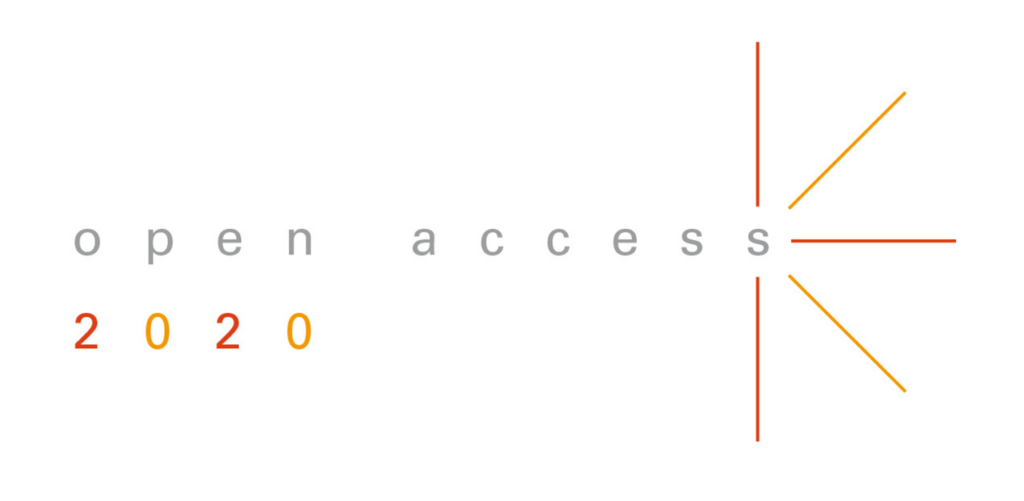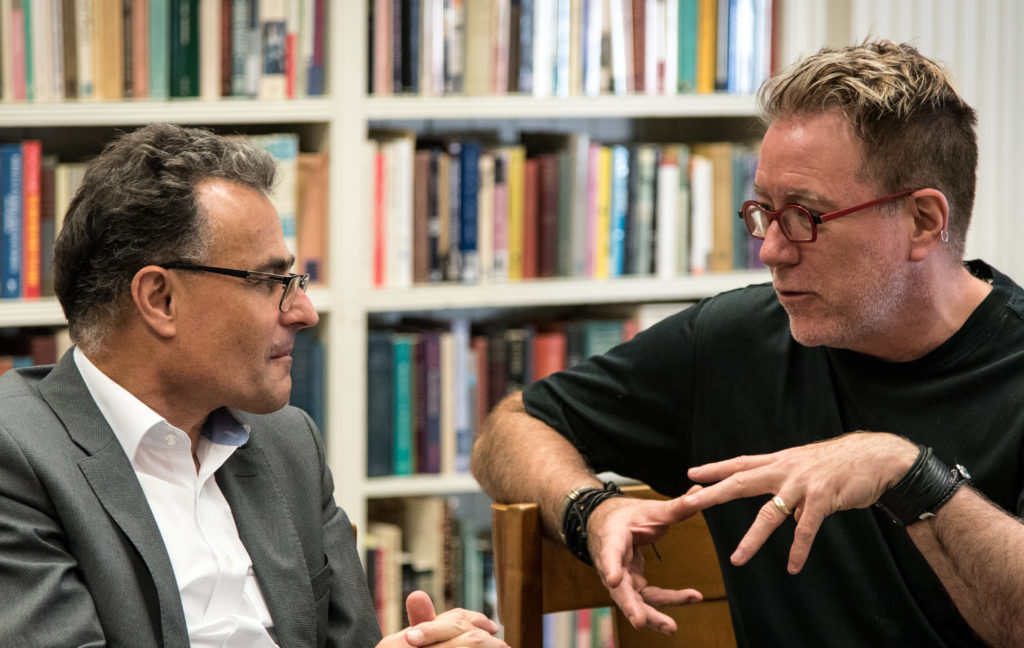
The University Library at UC Berkeley took a major step today in its commitment to achieving universal open access for scholarly journal literature by signing the OA2020 Expression of Interest, in collaboration with UC Davis and UC San Francisco.
OA2020 is an international movement, led by the Max Planck Digital Library in Munich, to convert the entire corpus of scholarly journal literature to open access by the year 2020. Open access promotes free, immediate access to research articles and the rights to use these articles to advance knowledge worldwide. OA2020 is a framework to achieve open access, and one solution for the rising costs of subscription journals and the need for reduced barriers in accessing and reusing information.
“Our mission, as scholars and educators, is to generate new knowledge for the benefit of the world,” explains Jeffrey MacKie-Mason, university librarian and professor of economics and information. “Much of the world can’t read our publications. They can’t get access because they can’t afford it. As the nation’s premier public research university, we need to be leaders in the effort to change that.”

When an institution joins the OA2020 movement, it agrees to make a good faith effort to devise and implement practical strategies and actions for attaining universal open access for scholarly journal literature. OA2020 provides the flexibility for institutions to define for themselves how they will repurpose their journal subscription funds to support open access publishing.
The UC Berkeley Library has long been a pioneer in assisting authors with open access publishing, and was one of the first institutions in the nation to create a fund (the Berkeley Research Impact Initiative) that subsidizes article processing charges so that Berkeley scholars can publish for greater impact, and be read by policy-makers and researchers around the globe. Since 2008, the University Library has supported nearly 300 open access articles from more than 250 unique authors from nearly every division and numerous disciplines on campus.
“We are excited to continue connecting with UC Berkeley scholars on these issues,” explains MacKie-Mason. “As the Academic Senate itself acknowledged with its adoption of an open access policy in 2013, the movement has tremendous value to Berkeley authors. It improves the visibility and scholarly impact of their research and output, and facilitates their ability to conduct research because of reduced access and re-use restrictions.”
In developing the campus-specific OA2020 implementation strategies, MacKie-Mason emphasizes that the Library will undertake considerable outreach to engage UC Berkeley researchers and author communities on approaches to open access publishing.
The particular models that will form the basis for Berkeley’s transition to open access will then be articulated in an OA2020 campus roadmap that the Library is developing in consultation with key stakeholders. The Library has posted an early draft of this roadmap on an OA2020 project website created by the now four U.S. signatory campuses.
MacKie-Mason secured broad institutional support for the OA2020 Expression of Interest. Following a September 2016 meeting attended by representatives from the Max Planck Digital Library and various UC campuses, MacKie-Mason coordinated a multi-campus working group to evaluate and report on OA2020 implementation issues. The Faculty Senate Library Committee (LIBR) reviewed these materials and voted in favor of UC Berkeley’s participation, as did the Council of Deans led by now Chancellor-designate Carol Christ, who signed the Expression of Interest on behalf of the university.
“Open access will have a direct impact on Berkeley researchers,” Christ says. “It provides an enhanced ability for faculty to use new and emerging research and scholarship in the classroom. We are thrilled to participate in OA2020 and other open access efforts that provide pathways for promoting and sharing knowledge.”
About the University Library
The University Library at UC Berkeley is an internationally renowned research and teaching facility at the nation’s premier public university. A highly diverse and intellectually rich environment, Berkeley serves a campus community of approximately 27,400 undergraduate students, 10,700 graduate students, and 1,600 faculty members. The Library comprises of 25 libraries, including the Doe/Moffitt Libraries, The Bancroft Library, the C. V. Starr East Asian Library, and numerous subject specialty libraries. With a collections budget of over $15 million, the Library offers extensive collections in all formats and robust services to connect users with the collections and build their research skills, while also working to help UC Berkeley scholars build research impact.